Threats to Research Integrity ‘a Global, Systemic Problem’
Research is facing major integrity challenges, with some of the prevailing incentives in the sector presenting “a global systemic problem that requires a global systemic solution”.
Send us a link
Research is facing major integrity challenges, with some of the prevailing incentives in the sector presenting “a global systemic problem that requires a global systemic solution”.
Association of research funding and performing organisations wants more diversity, collaboration and societal impact.
Shifting what and who is valued will strengthen the research system, writes UKRI chief executive.
High turnover among research coordinators can slow the progress of clinical studies. Standardizing the role could help.

The retraction of academic papers often functions as an indictment against the reputation of a researcher. For retractions to function as an effective corrective to the scholarly record, they need shed this reputation.

For young immigrant women like me, the pressures of early career research are even greater than for most. But it doesn't have to be that way.

As researchers dive into the brave new world of advanced AI chatbots, publishers need to acknowledge their legitimate uses and lay down clear guidelines to avoid abuse.

At least four articles credit the AI tool as a co-author, as publishers scramble to regulate its use.

Caught in a system eager for success stories, a PhD student from an underrepresented background learns how to balance his challenges in the lab with his desire to serve his community.
To fully desegregate science, institutions should bolster mentorship, safe spaces and a culture of belonging.

They look like scientific papers. But they're distorting and killing science.
Scientists can take practical steps to prevent or pre-empt problems on social media.
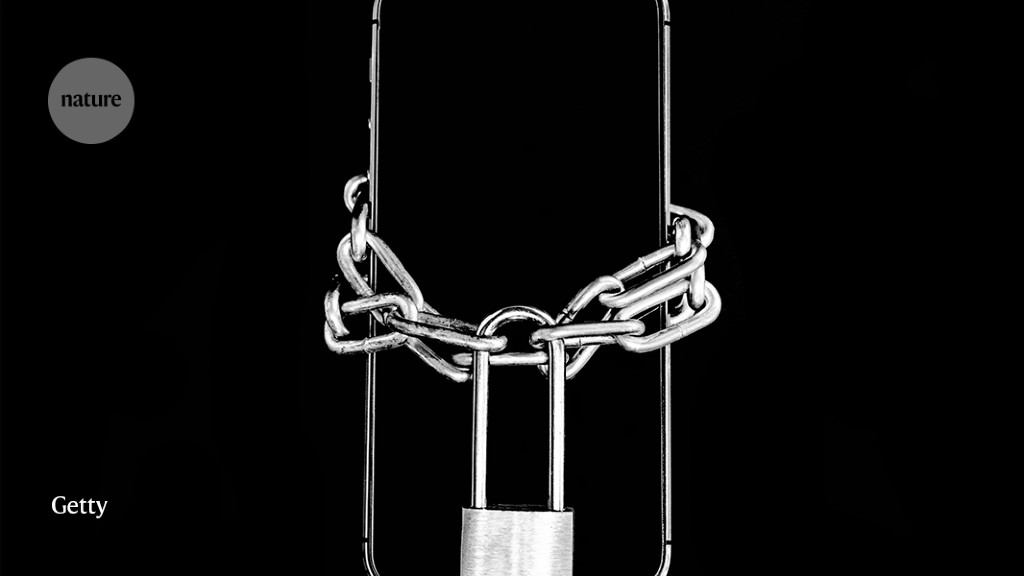
It is suggested to revamp the peer review process to make it less about tearing down the work of others, and more about helping authors improve their papers.

This paper examines how automation and digitalisation influence the way everyday scientific work practices are organised and conducted. Drawing on a practice-based study of the field of synthetic biology, the paper uses ethnographic, interview and survey data to offer a sociomaterial and relational perspective of technological change.
Science Europe presents a set of shared values that may serve as a reference for the policies and practices implemented by Science Europe Member Organisations (research funding and performing organisations).
The country has been increasing research funding for decades, but its rigid, time-bound approach to research assessment is stifling basic science.
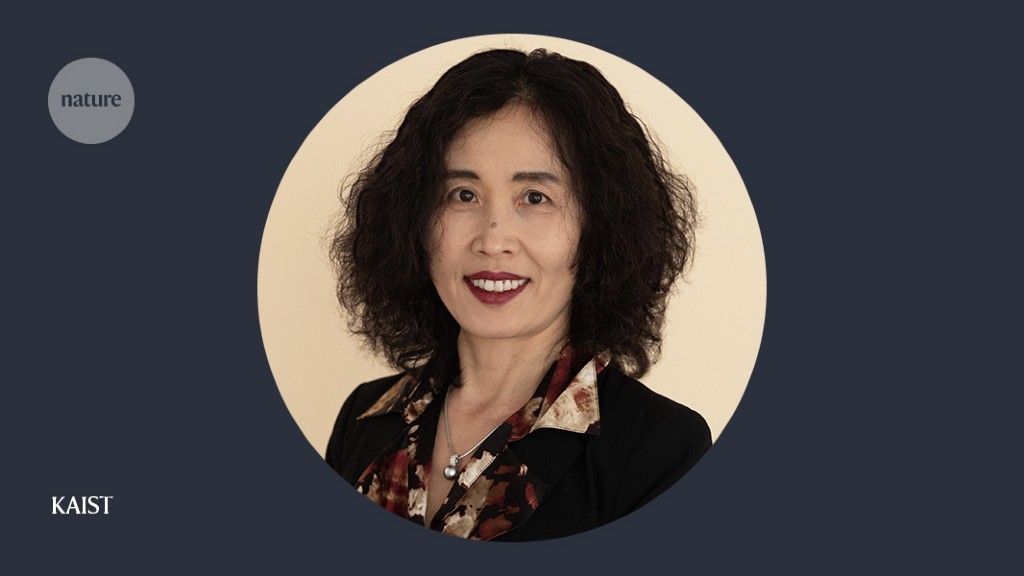
Evolution favors less work and more leisure.
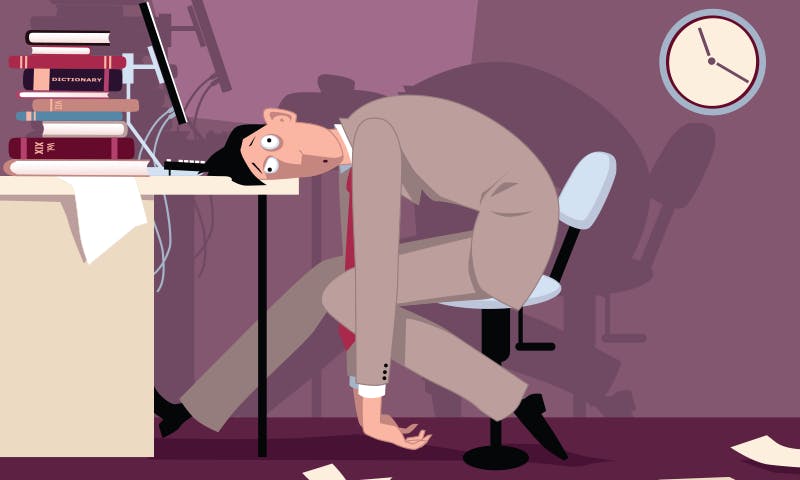
The mystery of COVID's origins has reignited a contentious debate about potentially risky studies and the fuzzy terminology that describes them.

Make language inclusive and agree on your aims in advance.
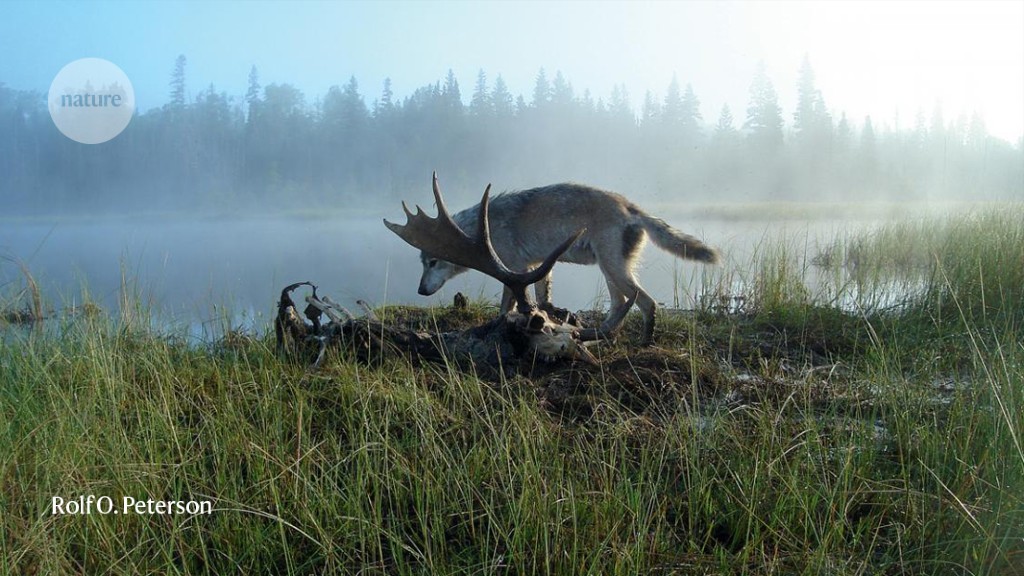
Grass-roots action against bad behaviour has spurred reform - and should keep going.
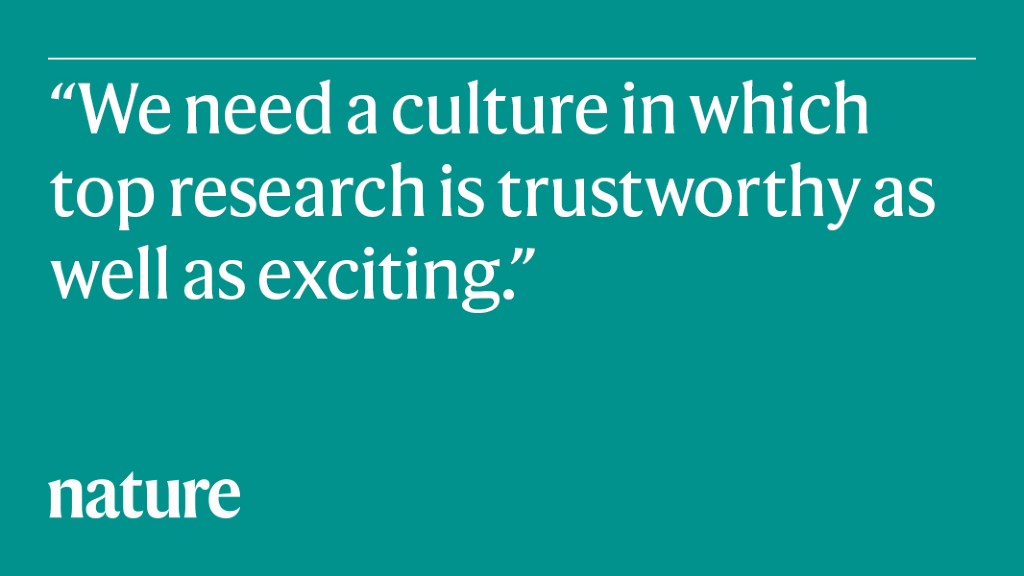
Dispute over Liverpool's use of metrics is best resolved through dialogue, says Stephen Curry.

Turns out, digital transformation is actually more human than technical. Learn more in these case studies from Emerald and De Gruyter.

Learning to pronounce others' names doesn't have to be awkward, as long as it comes from a place of mutual respect.
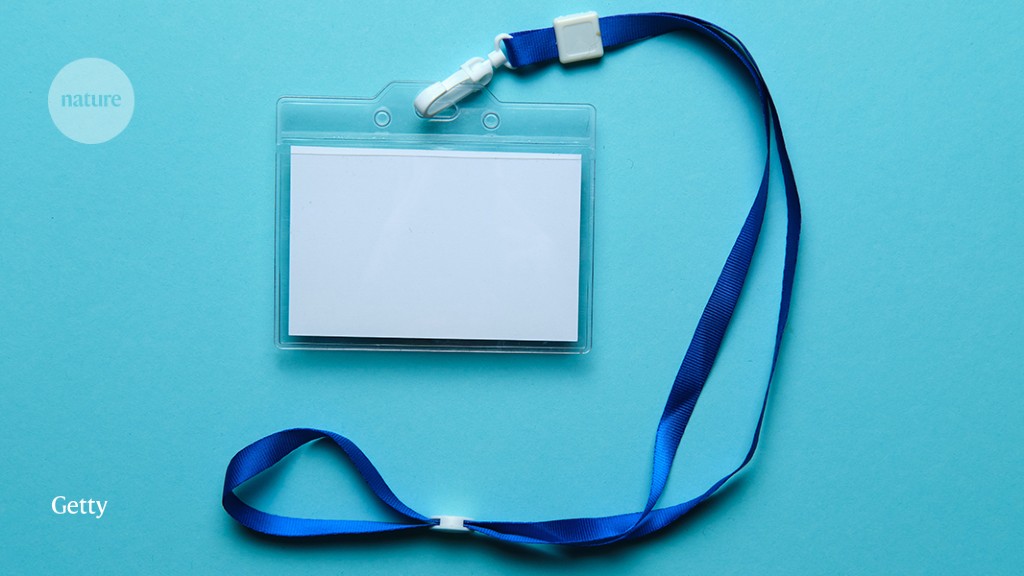
Well-meant changes to improve science could become empty gestures unless underlying values change.
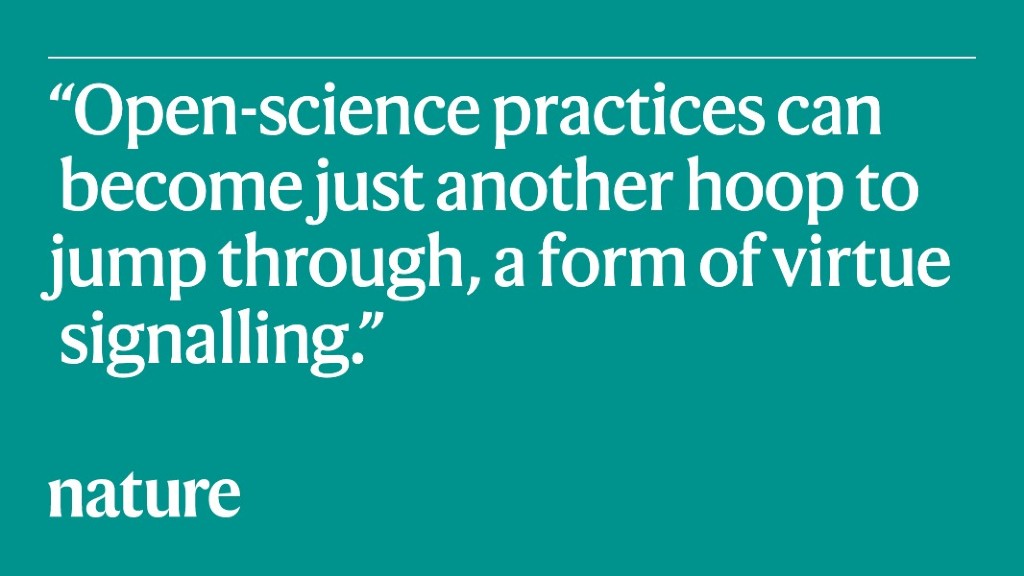
But for maximal benefit, more of these academic administrators need to get involved in the scholarly aspect of research.
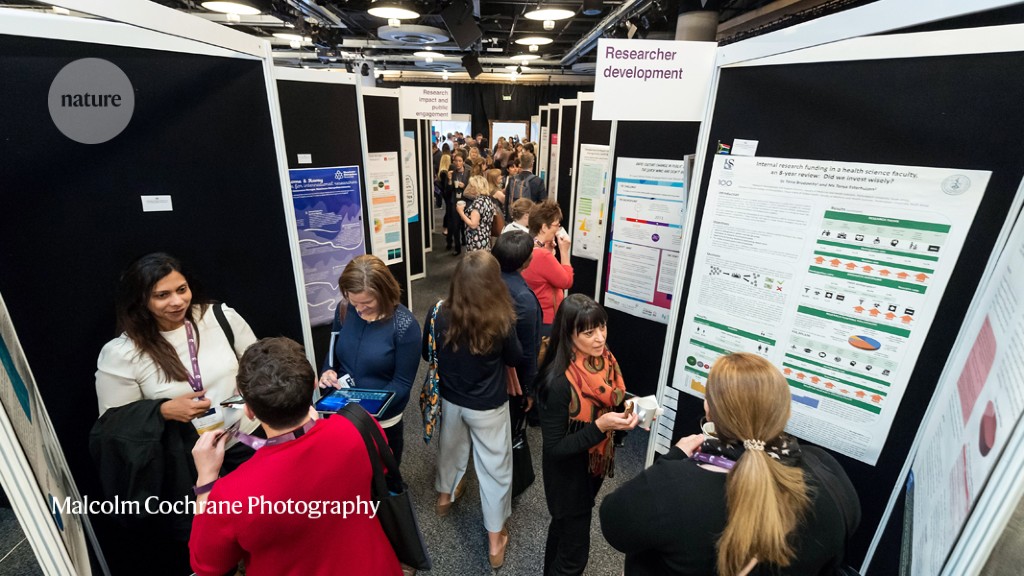
Quantum mechanics seems to have a problem with the order of time, which might signal the need for an entirely new type of law.
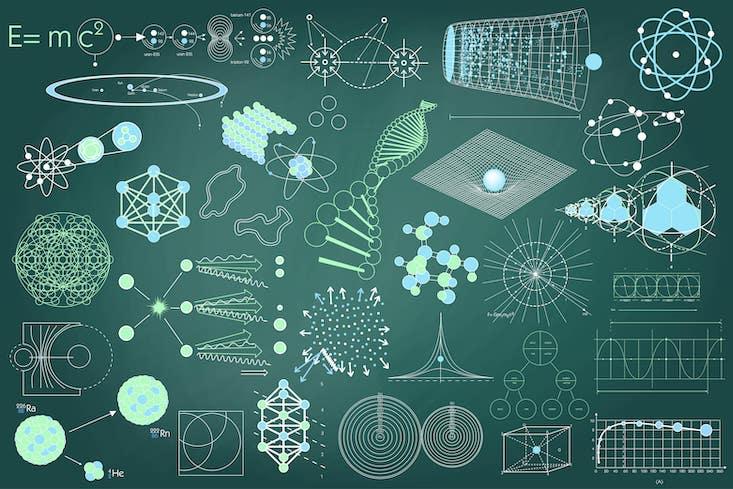
Gemma Derrick revisits calls for a better research culture.
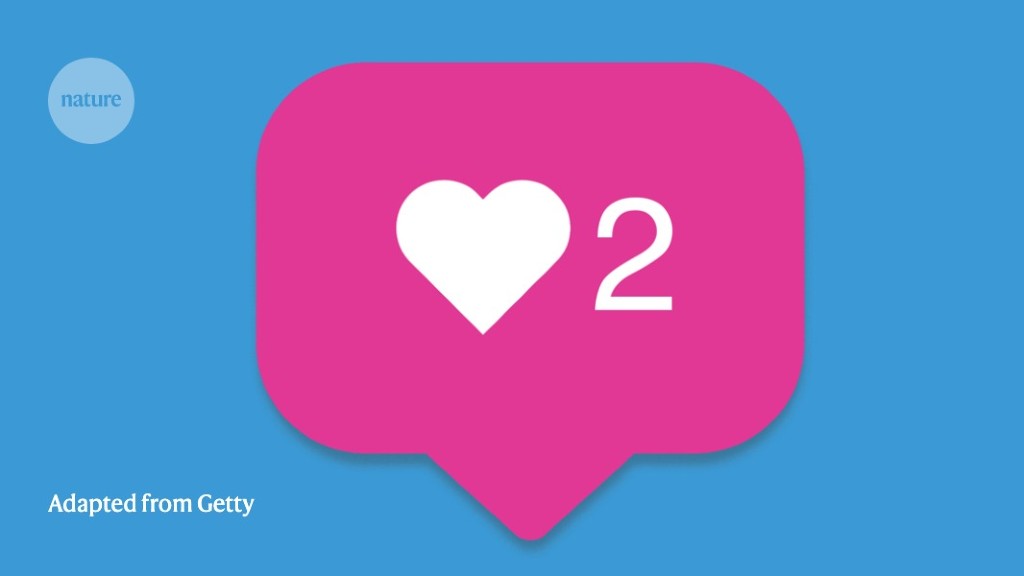
By taking positive action, as well as by protecting others from subtle slights, we can foster a better academic culture.
Kevin Boehnke and Richard E. Harris introduced a course in meditation, yoga and mindfulness to the neuroscience programme at their institution.
Astronomer Geoff Marcy and geneticist Francisco Ayala risk losing their spots in prestigious scientific institution.
